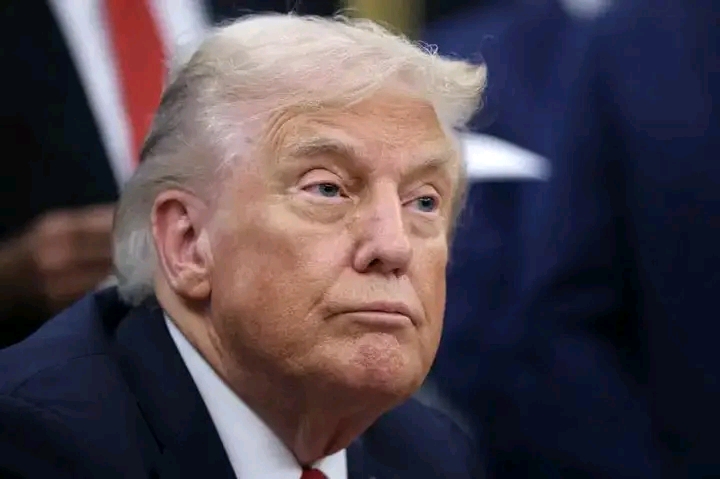Here’s a breakdown of the key facts regarding the reported announcement by Donald Trump and what it means — plus important context and caveats:
✅ What was announced
- Trump stated that Christians in Nigeria are facing an “existential threat” and said the U.S. “cannot stand by” while such atrocities occur.
- He also announced that Nigeria would be added to the U.S. Country of Particular Concern (CPC) list under the International Religious Freedom Act, which highlights “severe violations of religious freedom”.
- Trump pledged that the U.S. stands ready to defend Christian populations globally.
- A call was made for U.S. lawmakers to investigate what he described as “mass slaughter” of Christians in Nigeria.
- The Nigerian government has disputed the framing of these events strictly as anti-Christian violence.
⚠️ What this does not (yet) clearly include
- The CPC designation does not automatically mean sanctions — but it does open the door to possible U.S. actions, including withholding of non-humanitarian aid or other penalties.
- Trump did not lay out a detailed plan of what form the U.S. intervention or “defense” of Christians would take. (e.g., military action, diplomatic, sanctions)
- The data about the killings, whether they are exclusively or primarily targeting Christians, and whether they amount to systematic persecution as a faith group, remain contested. For example, the Nigerian government argues that many victims across faiths are affected by violence.
🔍 Why this matters
- The move signals a major shift in U.S. foreign policy rhetoric: placing Nigeria — Africa’s most populous country — into a U.S. foreign-policy “watchlist” category for religious freedom is significant.
- It could affect Nigeria’s diplomatic relations with the U.S., influence foreign-aid decisions, or shift how U.S. campaigns for religious freedom globally are framed.
- For Nigerians (especially Christians in affected regions) this could be seen as a show of solidarity and potential leverage. But it may also raise concerns about sovereignty, classification of conflict, or unintended consequences (such as inflaming religious tensions).
- Adds to a longer-standing debate about violence in Nigeria: terrorism, banditry, herder-farmer conflicts, religious divides—these overlap and complicate simplistic narratives. For example, some analysts emphasise that violence impacts both Christians and Muslims.
📌 What to watch next
- How the U.S. State Department formalises the CPC listing for Nigeria: when exactly, what criteria, and how Nigeria responds.
- Whether the U.S. takes any concrete action (aid reductions, sanctions, diplomatic pressure) following the announcement.
- How the Nigerian government—or other Nigerian stakeholders—react. Will there be pushback, negotiations, or policy shifts?
- Ground-level data: will there be more clarity on how many Christians vs. non-Christians are being targeted, by whom, and why? Improved transparency and documentation will matter.
- Impact on religious/coexistence dynamics within Nigeria: Could the announcement worsen inter-faith tensions? Could it empower peacebuilding actors?
If you like, I can pull together detailed reaction from Nigerian government statements, religious groups in Nigeria, and U.S. lawmakers — so you get a fuller picture of all sides. Would that be helpful?

